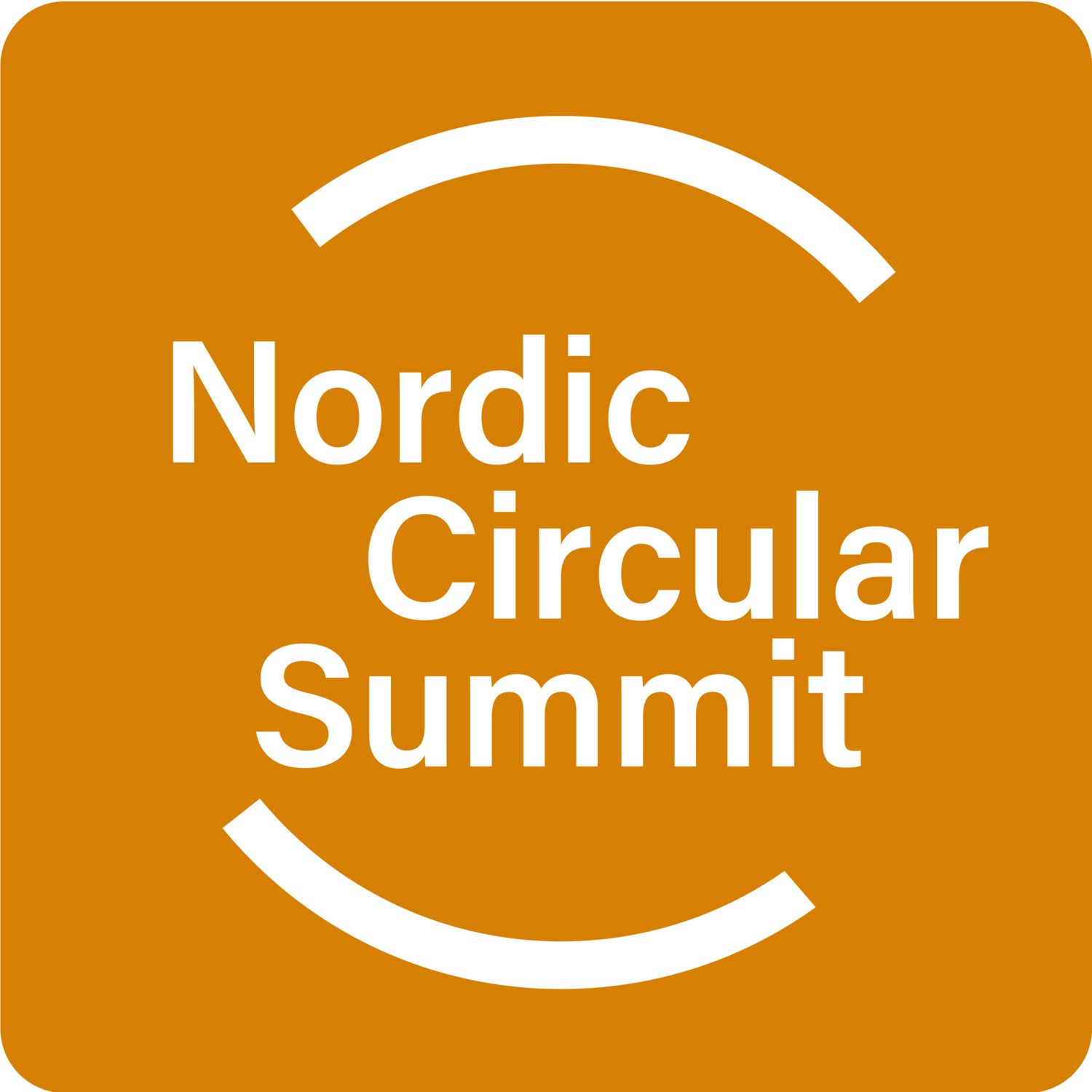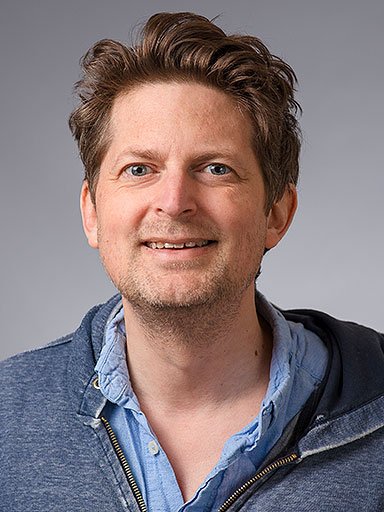Insights from Nordic research on the circular economy
Research on the circular economy is as dynamics as it is broad. Academic journals such as the Journal of Cleaner Production (Elsevier), Ecological Economics (Elsevier), or Circular Economy and Sustainability (Springer) offer tens of new articles every month. This research is multidisciplinary and comes from engineering, economics, management, and political science, but even cultural geography and sociology.
This session presents the results from three Swedish research projects that share a management focus and a qualitative methodology. The first one insists on the institutional dimensions of a circular transition, the second one on its spatial dimensions, and the third one on its material dimensions. Together, these three presentations demonstrate the need to situate efforts at developing circular policies and business models in dynamic contexts of institutions, space, and materiality.
Agenda
Welcome by the moderator
Professor Hervé Corvellec, Lund University
Inherent and institutional tensions in public-private circular transformations
Herman Stål, Umea School of Business, Economics and Statistics, Umeå University
While circular transformation often requires public-private collaboration, this collaboration means that two types of tensions arise. An empirical study explains how these tensions affect the collaborative process.
Questions and answers
Circular urban projects: Matters of what, where, when, who and how
Hervé Corvellec, Department of Service Studies, Lund University
Circular projects are not self-contained efforts. They are also efforts open to their environment, where questions of what, where, when, who and how determine their potential success.
Questions and answers
Material affordance as a circular take on Corporate Responsibility?
Maira Babri, Örebro University and Mälardalen University
The circular economy needs to pay more attention to what material affords or do not afford. Material affordances prove to be determinant for the development of circular products, circular business models, and the circular economy.
Questions and answers
General discussion: Contribution of research on the circular economy to practice and policies



